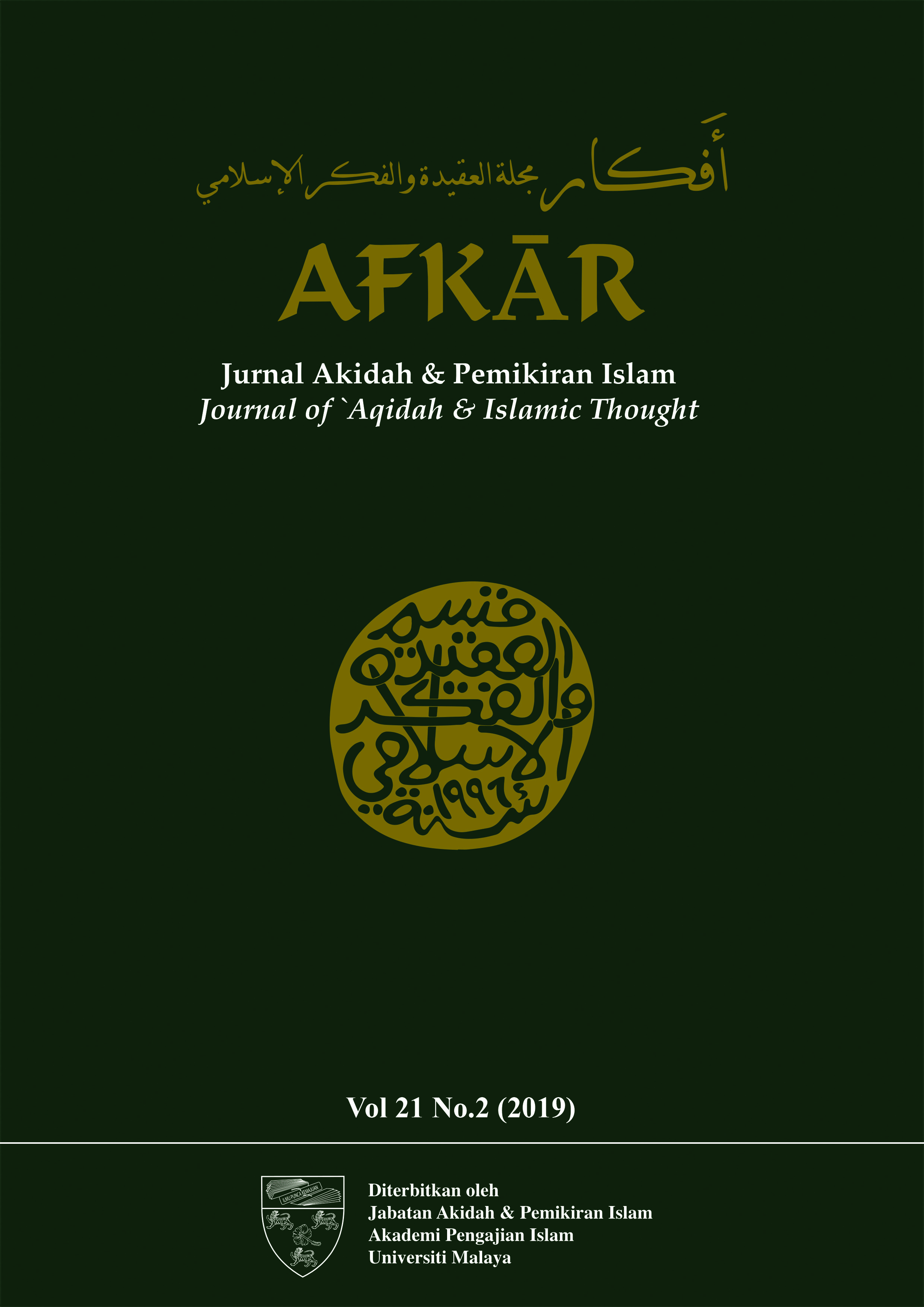الإنصاف في التعامل مع المخالفين عند السلف Fairness in Dealing With Opponents According to Salaf
Main Article Content
Abstract
The issue of fairness when dealing with opponents among Muslims in general and followers of the Ahl al-Sunnah wa al-JamÄ‘ah in particular is considered as an important issue that should be understood by all Muslims. Although some Muslims claimed to have adhered to the principles of Ahl al-Sunnah wa al-JamÄ‘ah, in the event of disagreement among themselves, they dealt with it harshly, sometimes even violently. At other times, some have labeled their fellow Muslim as an immoral (fasiq) or fabricator (mubtadi‘) while some others even labeled the other as non-believer (kafir). This paper explains the importance of fairness in Islam and highlights the views of the salaf scholars and the leaders of Ahl al-Sunnah wa al-JamÄ‘ah in dealing with the opponents. They are the reference of Muslim community in understanding this religion and their attitude in dealing with opponents should be referred as guidance in judging others. This paper concludes that the principle held by the salaf scholars the leaders of Ahl al-Sunnah wa al-JamÄ‘ah in dealing with opponents is to adopt a moderate and balanced attitude between two different extremes. They are not inclined to hastily label anyone with fasiq, mubtadi‘, being misleading or kafir. They are also not being too lenient to abandon the punishment that should be imposed upon the wrongdoers. Their principle is the balance between the two extremes. The study suggests that those involved in dealing with disagreement should be committed to these principles of salaf scholars and the leaders of Ahl al-Sunnah wa al-JamÄ‘ah.

